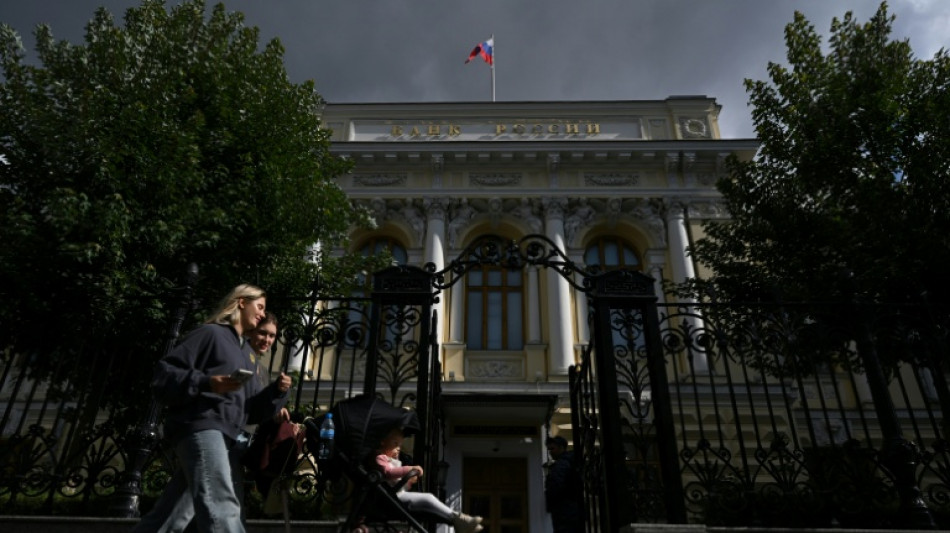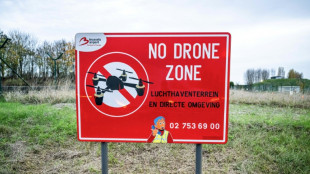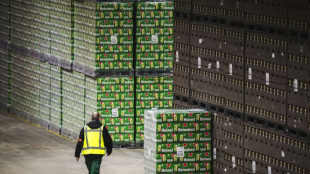

Russian central bank cuts interest rate as economy slows
Russia's central bank on Friday cut its key interest rate, but warned inflation was still too high, amid growing concerns over an economic slowdown amid the Ukraine offensive.
Russia's economy is rapidly cooling, prompting warnings it could be headed for recession or stagnation, following two years of robust growth as Moscow ramped up military spending to fund its campaign.
Announcing a cut in borrowing costs from 18 to 17 percent, the bank said the economy "continues to return to a balanced growth path," alluding to the slowdown.
The bank had been expected to cut rates further, but BKS analyst Ilya Fedorov said a recent "weakening of the ruble" -- at its lowest against the US dollar since April -- forced it to hold back.
Russian government spending has jumped more than two-thirds since the start of the Ukraine offensive, with military expenditure accounting for almost nine percent of GDP, according to President Vladimir Putin.
That has helped Moscow avoid predictions Western sanctions would collapse its economy, but led to a spike in inflation.
The bank is now gradually trimming interest rates from a two-decade high of 21 percent.
But inflation is still running above eight percent, more than twice the government's official target and the bank has warned price rises may remain stubborn in the coming months.
It singled out higher petrol prices, which have risen as a result of Ukrainian attacks on Russian refineries, as a particular concern.
Overall economic growth slowed to 1.1 percent on an annual basis in the second quarter, down from above four percent in 2024.
Businesses have for months been clamouring for the central bank to cut borrowing rates, which it says are hobbling the economy and thwarting investment.
Russia's public finances have also been strained by the steep outlays on the Ukraine offensive and weak oil prices, which are crucial to the national economy.
The government posted a deficit of around $50 billion -- equivalent to two percent of GDP -- in the first eight months of the year, three times more than at the same stage of 2024.
Kyiv and Washington are trying to cut off Russia's earnings from energy exports to exacerbate that shortfall.
US President Donald Trump has hiked tariffs on India over its purchases of Russian oil and has threatened to hit China with a similar move.
O.Meyer--VZ



